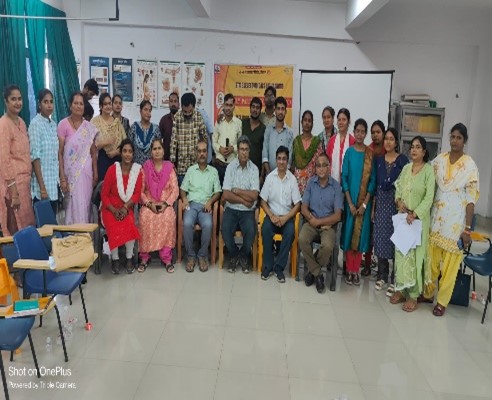
NIPI as the lead partner for the program has supported the SHSB in planning of the training batches
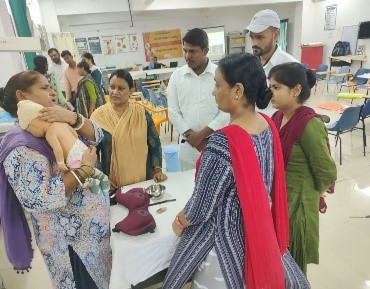
The Family Participatory Care empowers the parents and families to take care of the new-borns during hospitalization
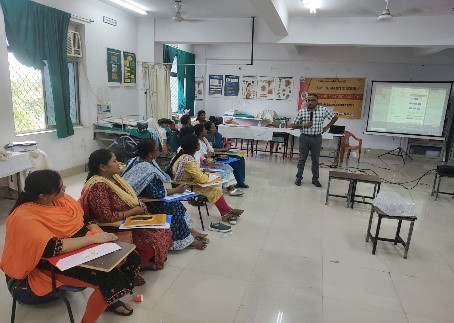
A total of 3 batches of ToT was approved for the state of Bihar
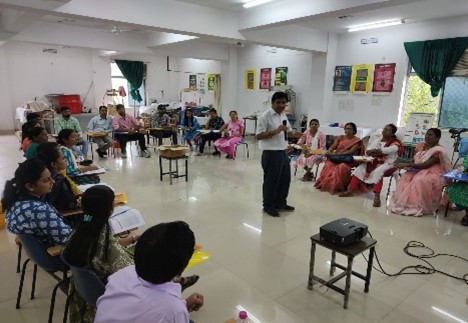
Capacity building of the Service providers like Medical Officers, Staff Nurses
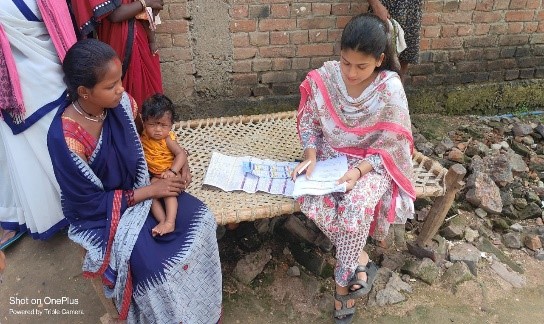
Interviews with district and block programme managers were also conducted in order to assess the preparedness of health system and challenges faced during the implementation of HBYC program in the state.
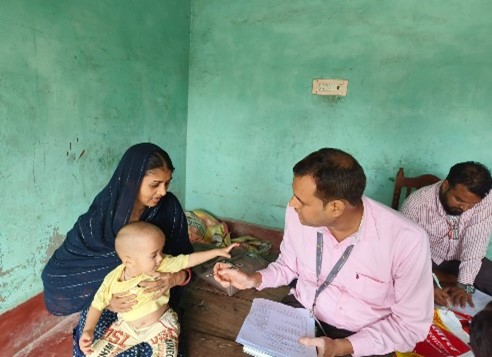
The assessments in the state was supported by the NIPI team
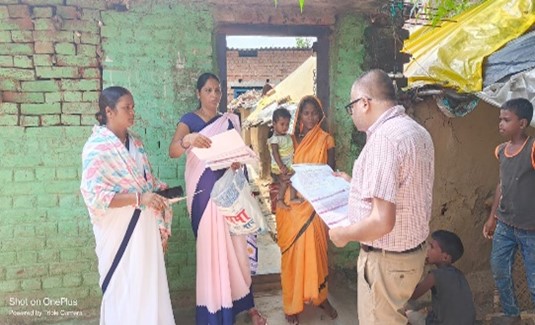
ASHA, ANM and ASHA supervisors
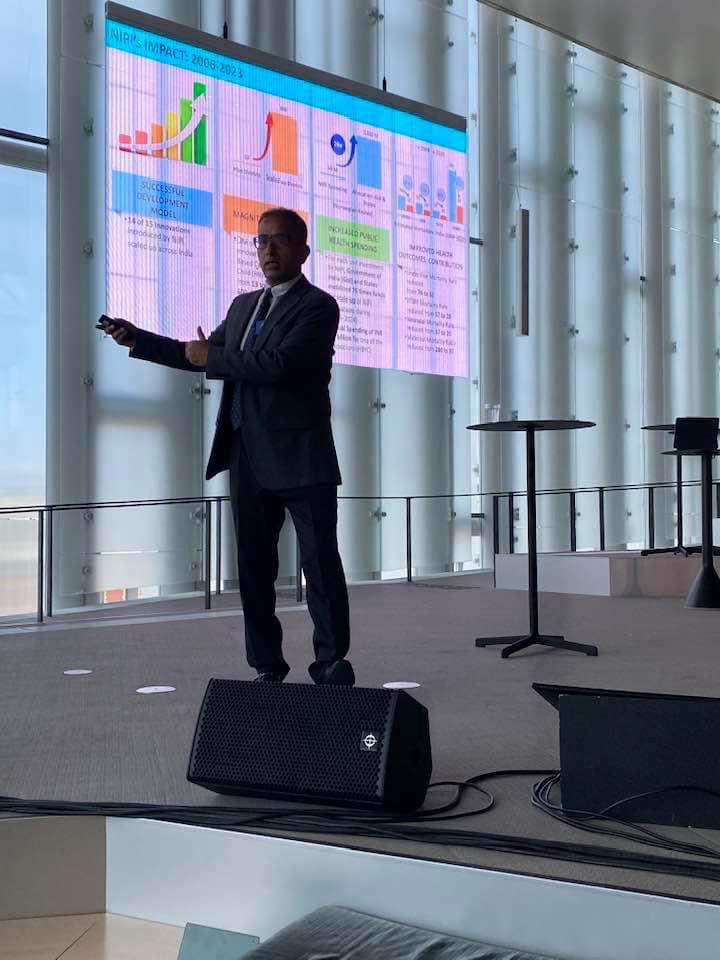
Dr. Ashfaq presents the key achievements of NIPI in digital and MCH innovations, impact , and scale up

Dr Ashfaq talks about NIPI collaboration, innovations, and impact
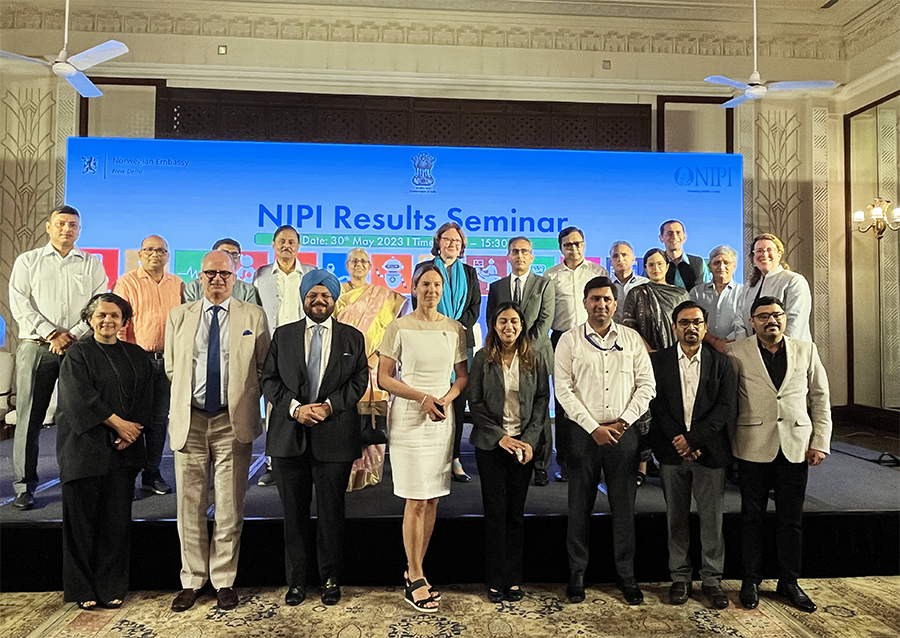
NIPI Results Seminar
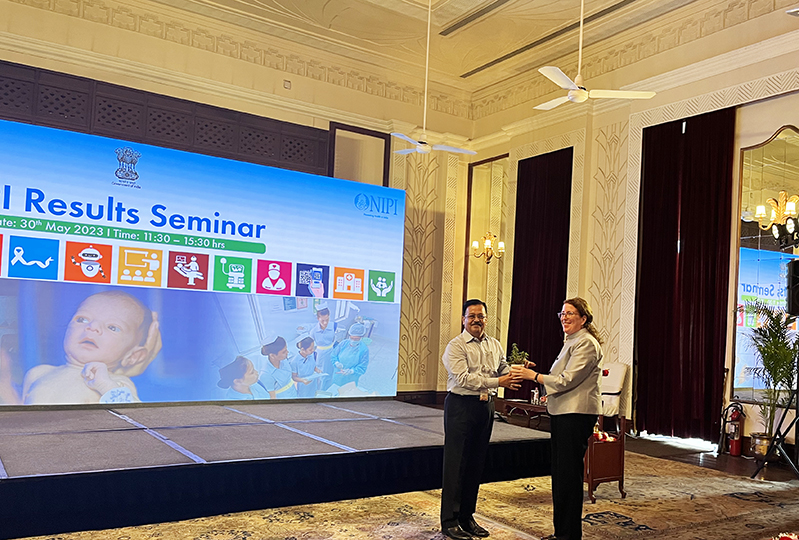
His Excellency Secretary Mr Rajesh Bhushan presents a memento
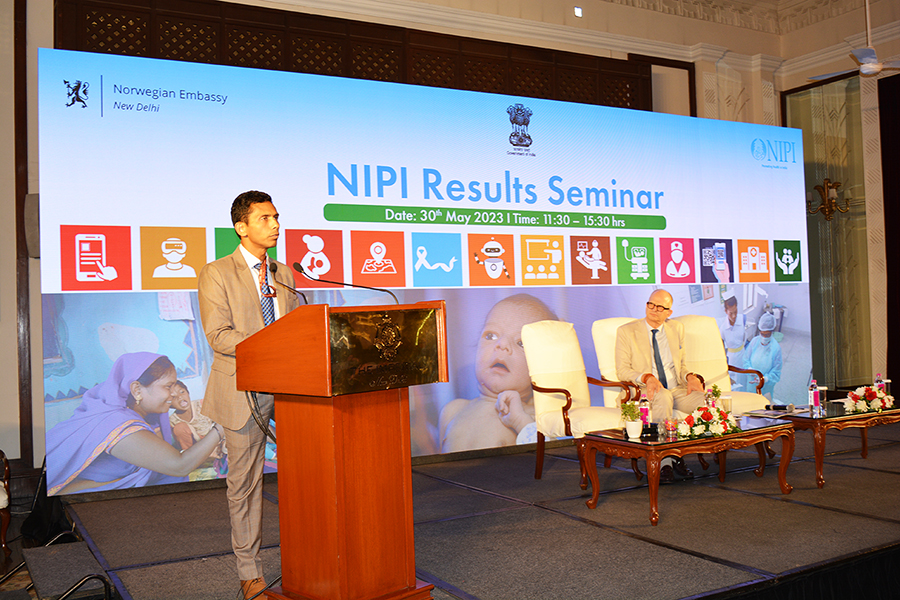
Dr Ashok Babu addresses the audience
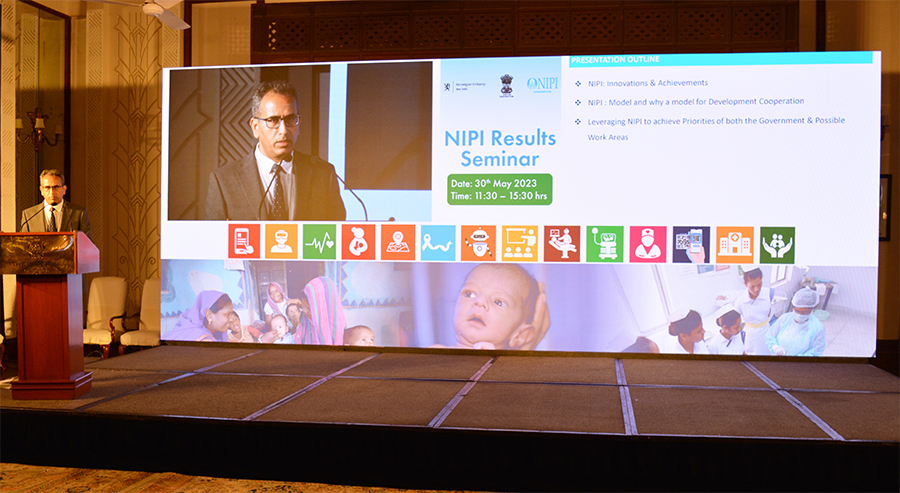
Dr. Ashfaq Bhat, Director, NIPI talks about future synergies
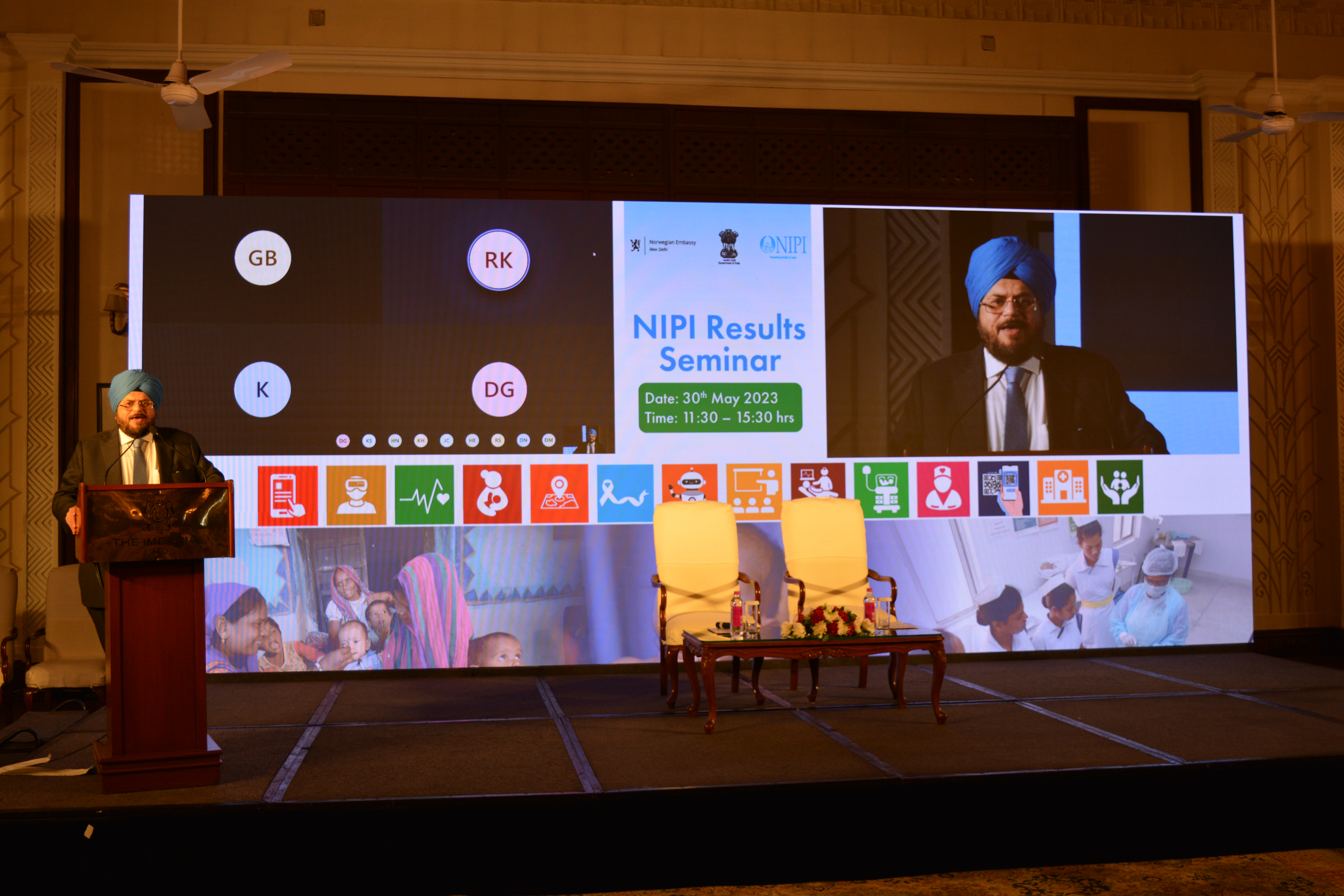
Mr Ashwajit Singh, Strategic Advisor to NIPI, shares his thoughts
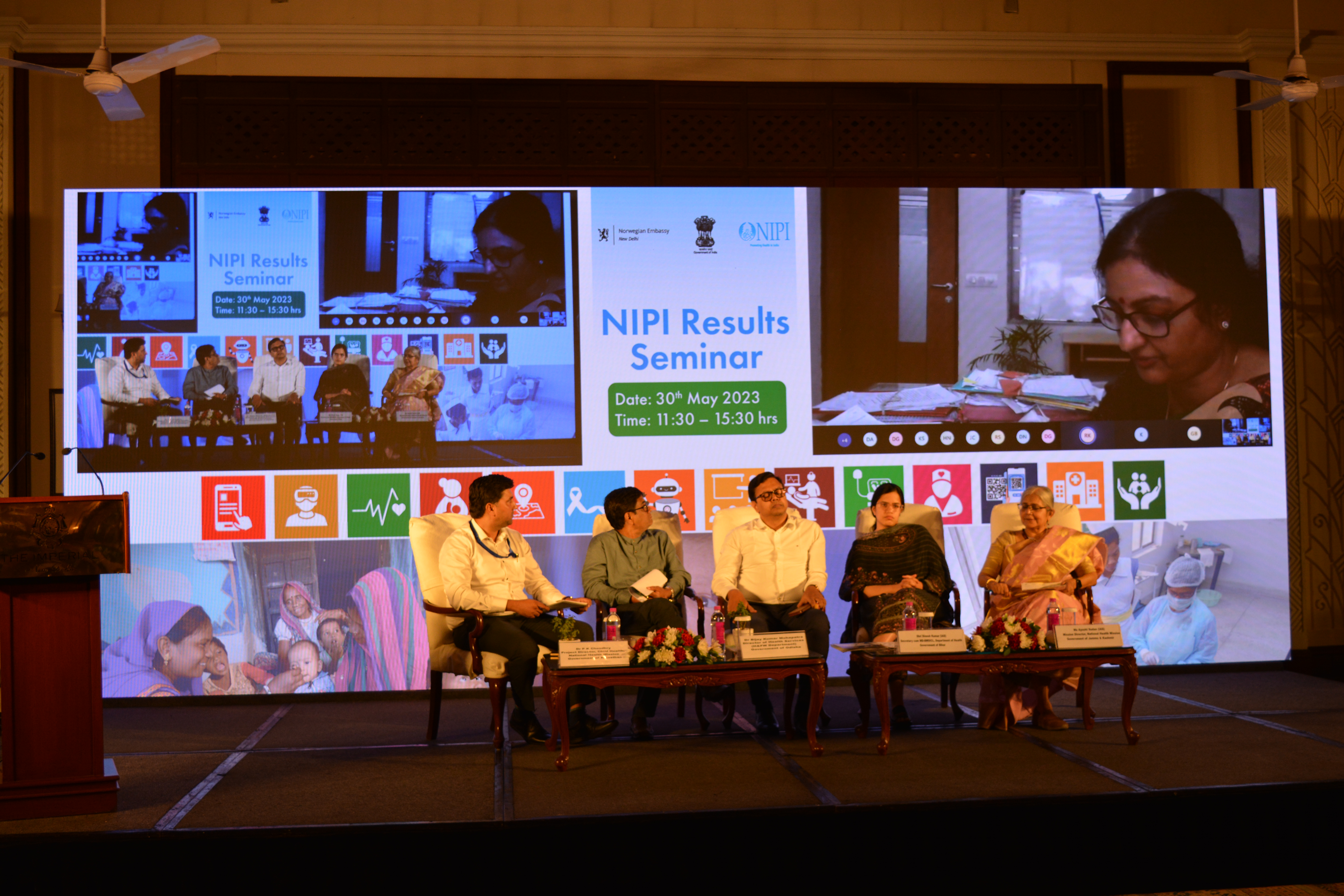
Observations from NIPI supported states and Union Territories
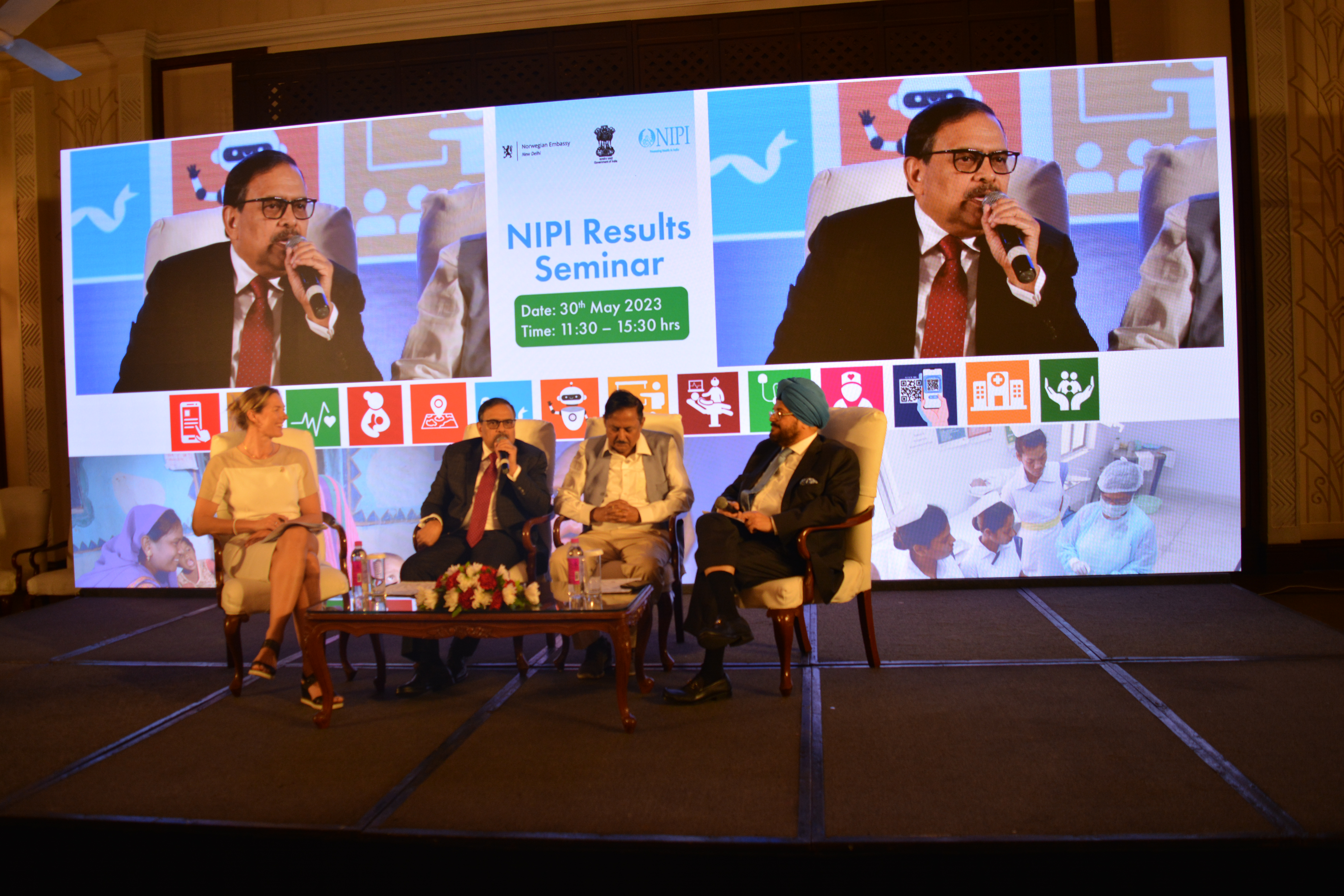
Panel discussion on the journey of NIPI
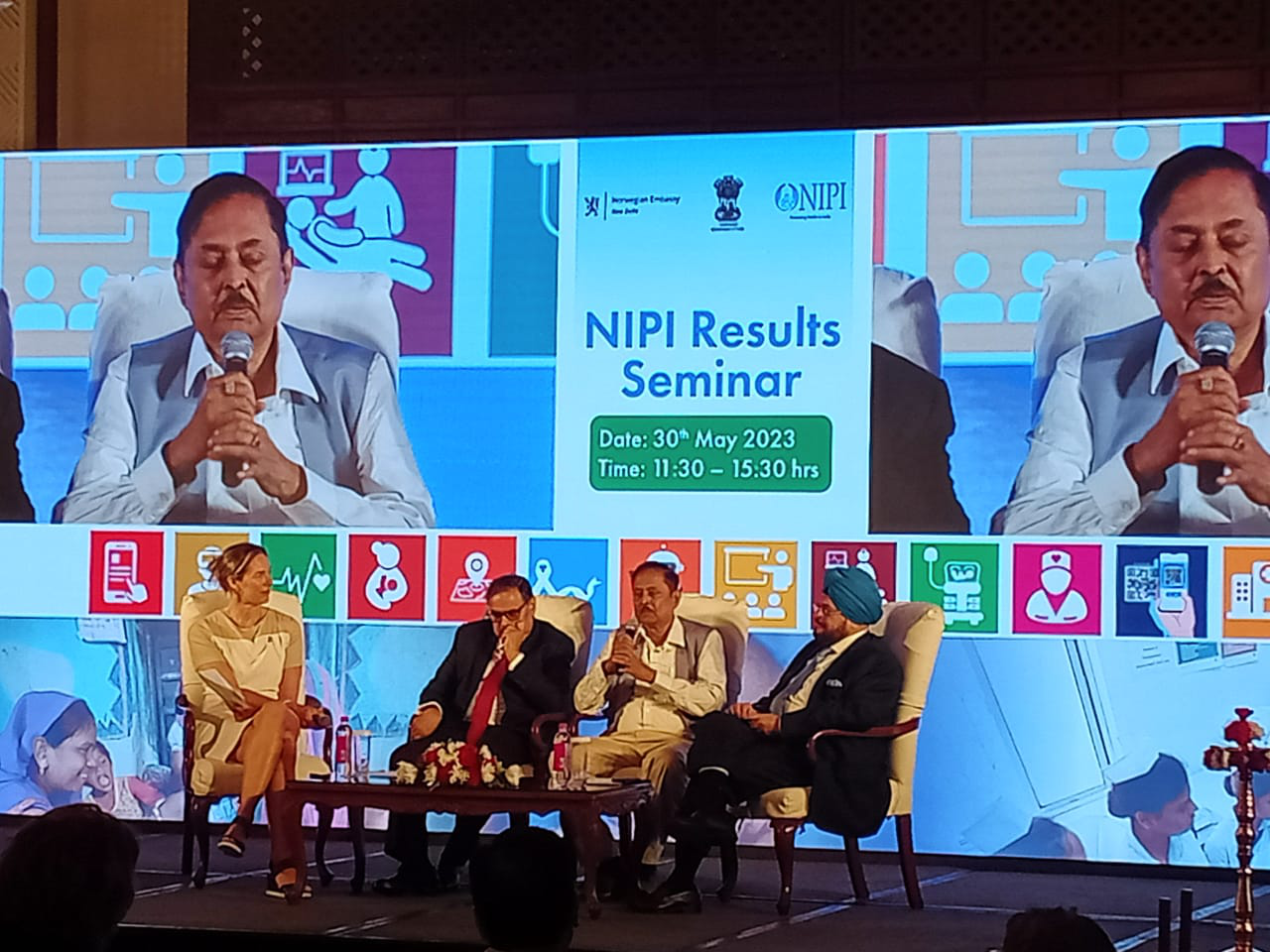
NIPI organises Results Seminar to celebrate the success of the bilateral health initiative
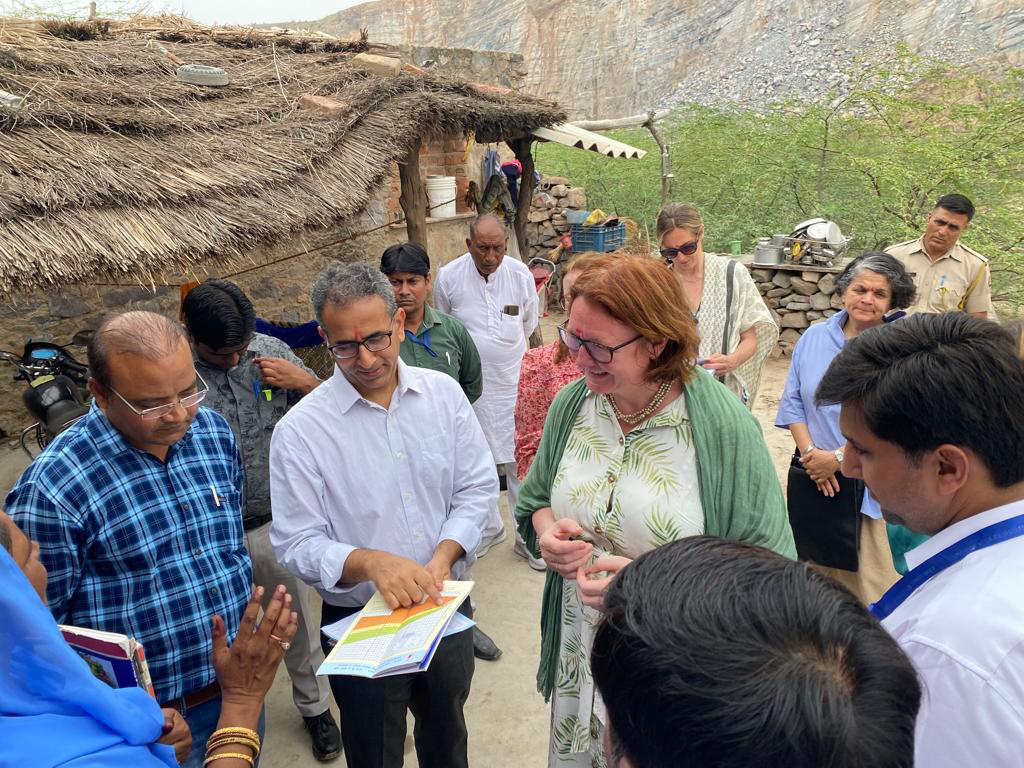
The focus of the Alwar field visit was on digital health solutions for frontline workers
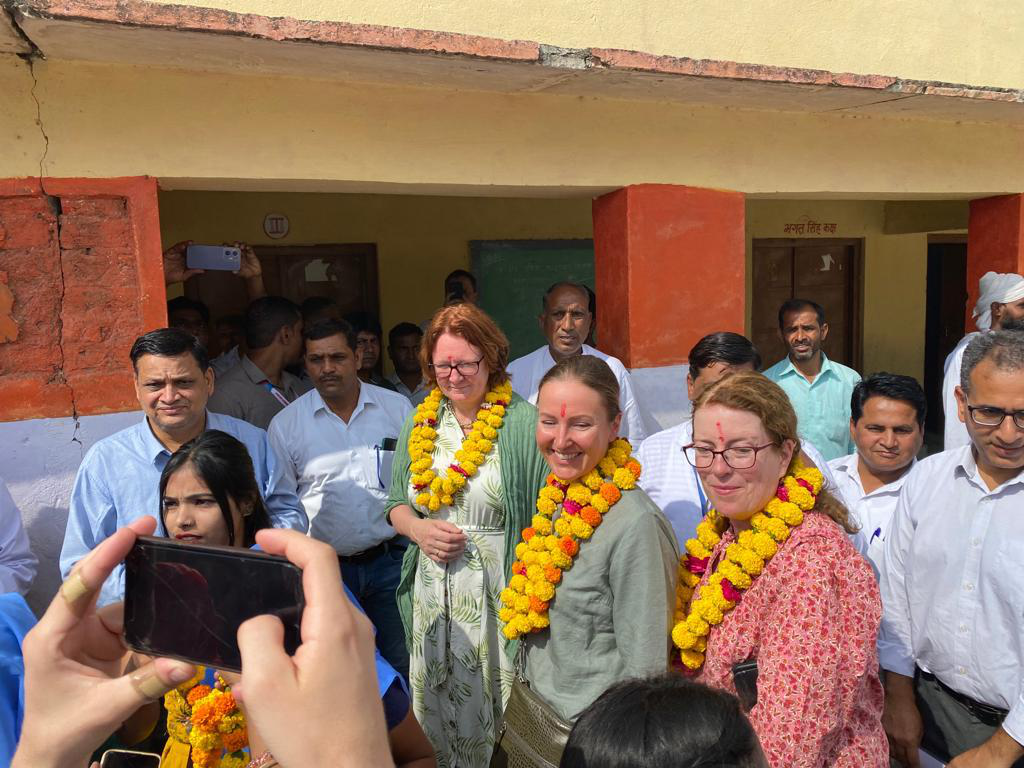
A field visit to Alwar by dignitaries from Ministry of Foreign Affairs, Government of Norway
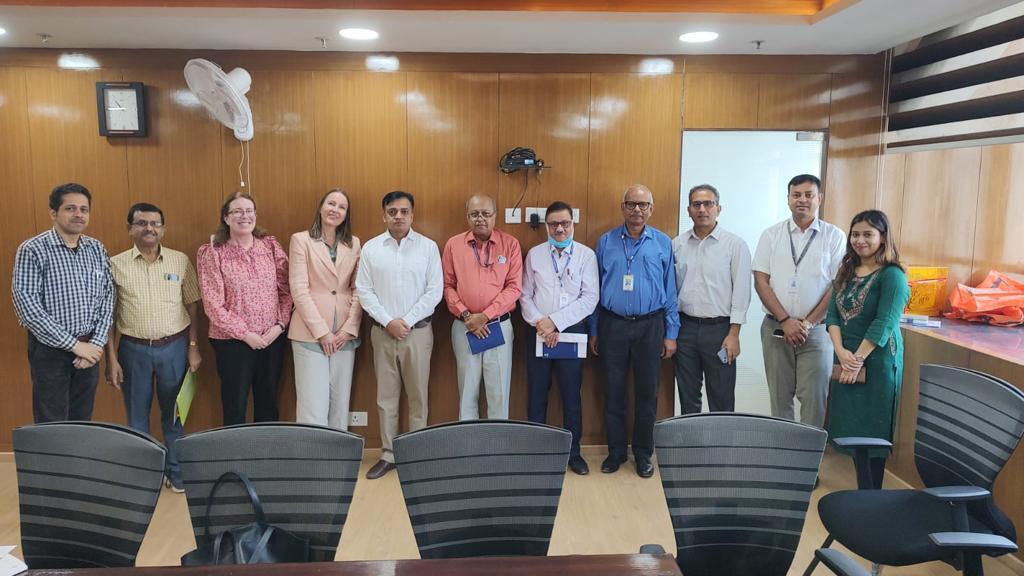
NIPI 5
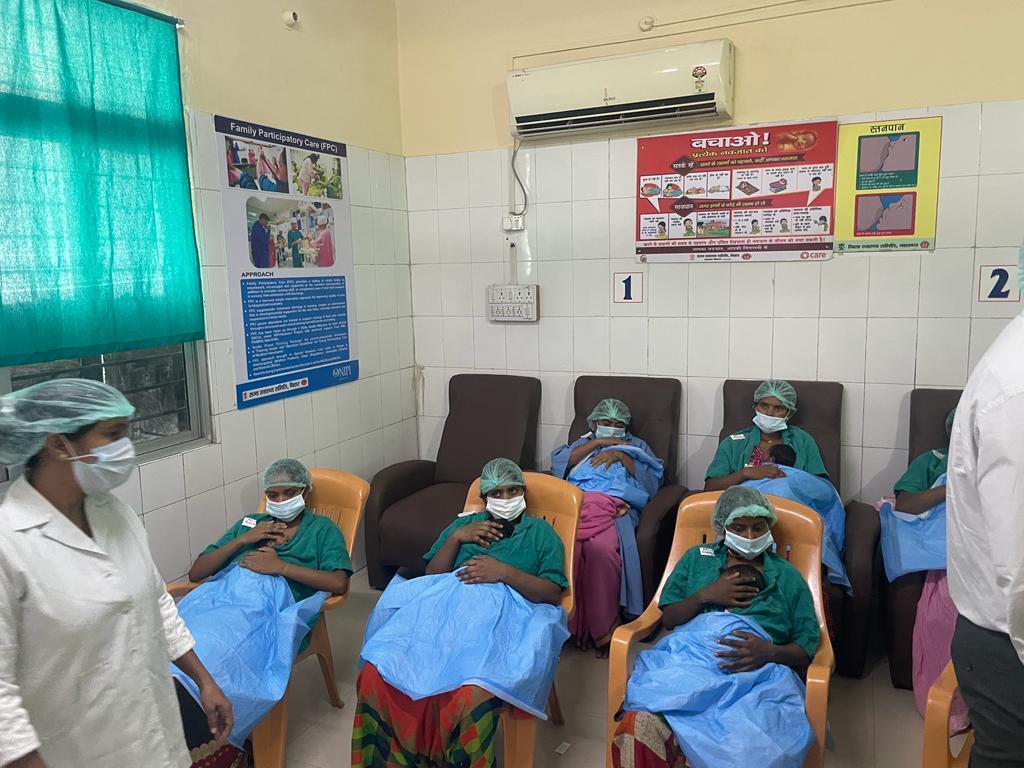
nipi 4
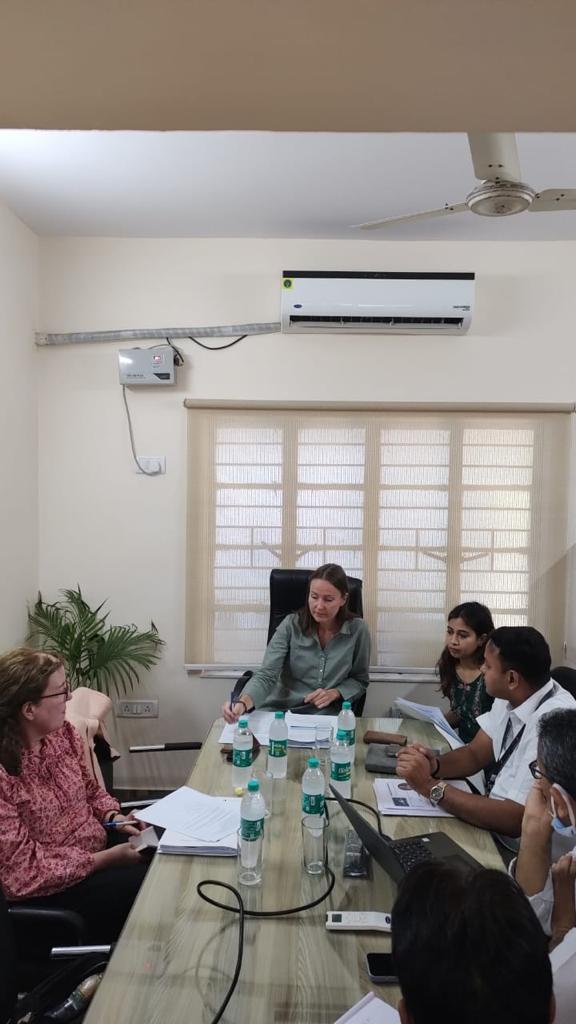
nipi 2
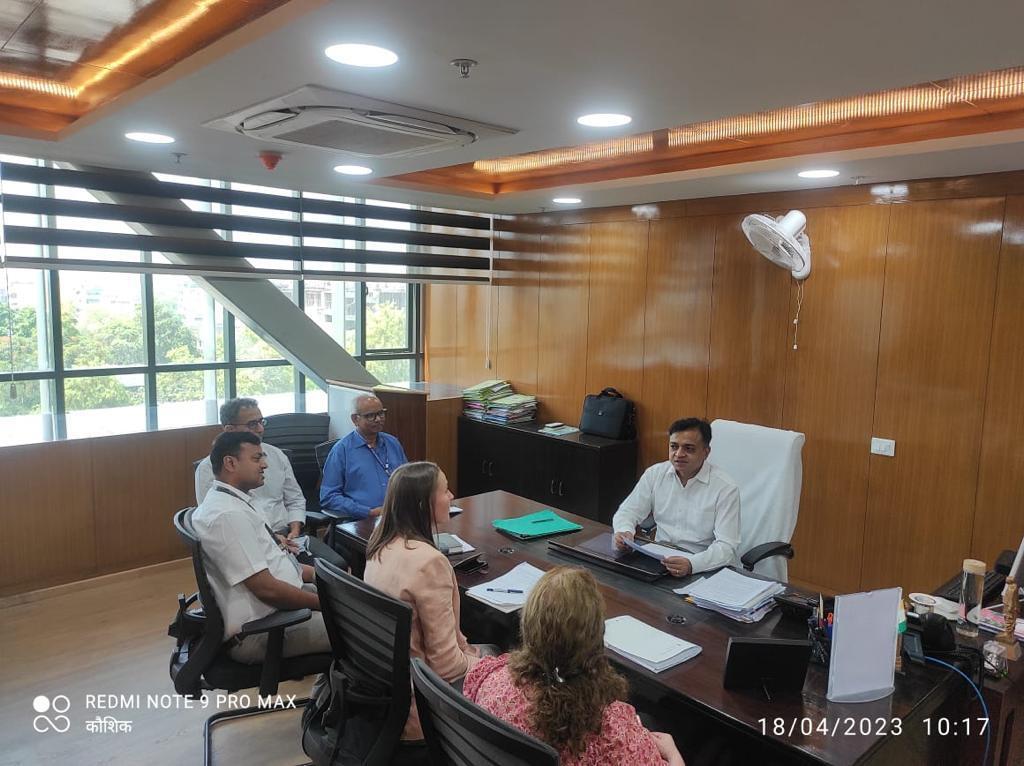
NIPI 1
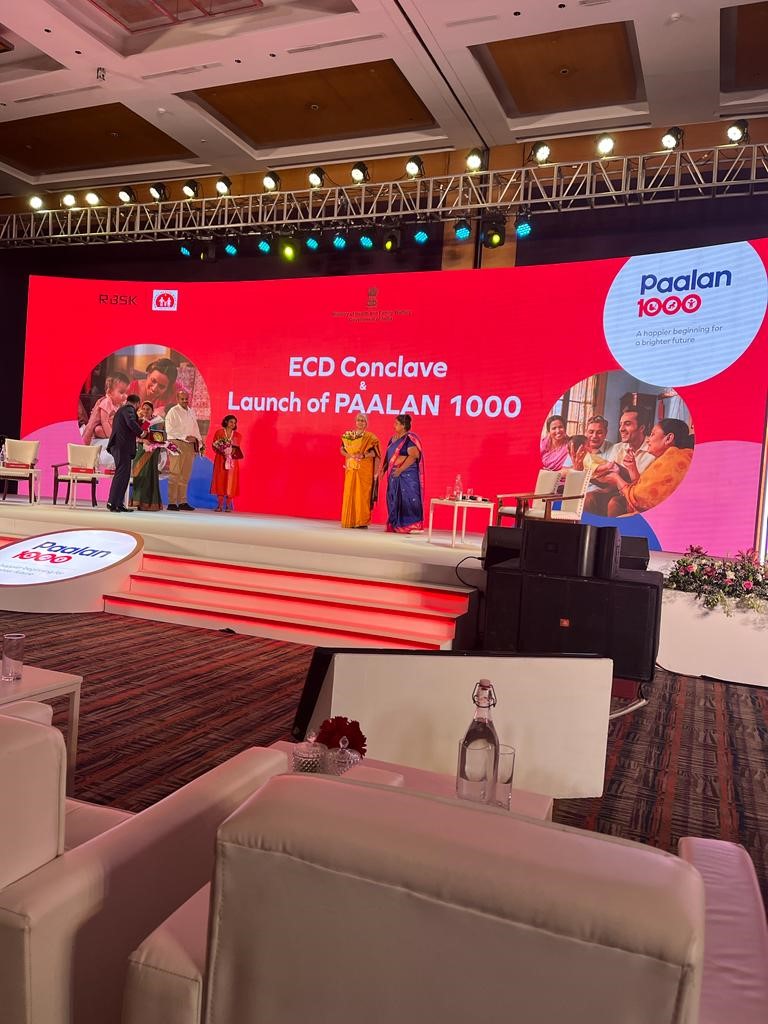
2
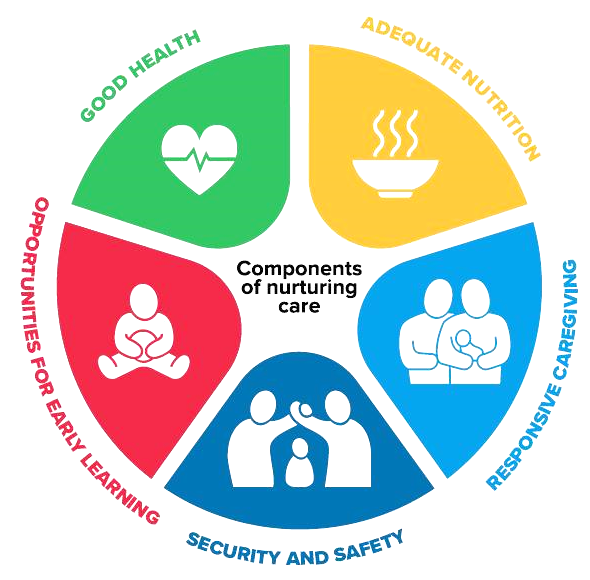
1
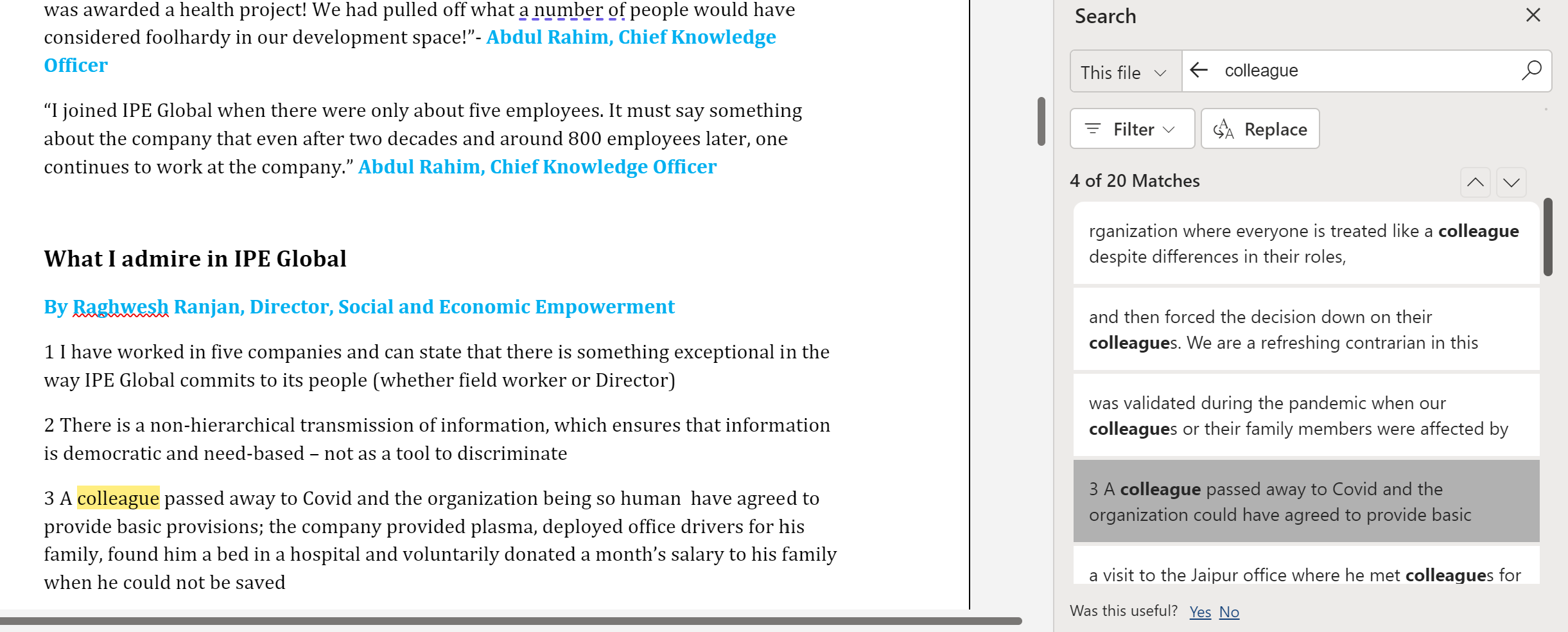
meeting

climate change
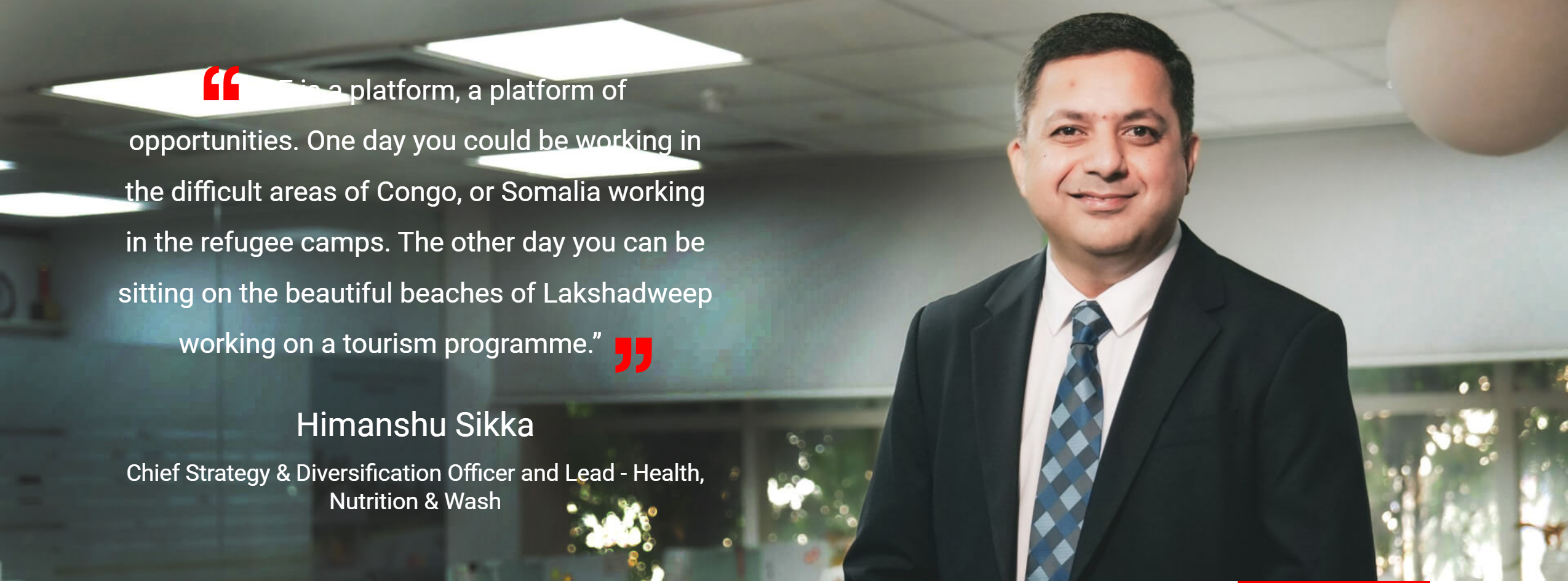
board
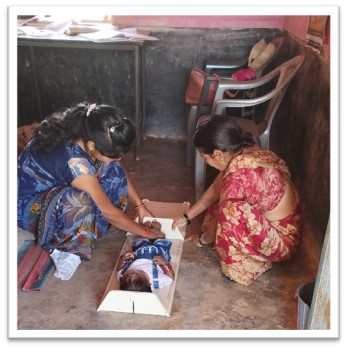
27
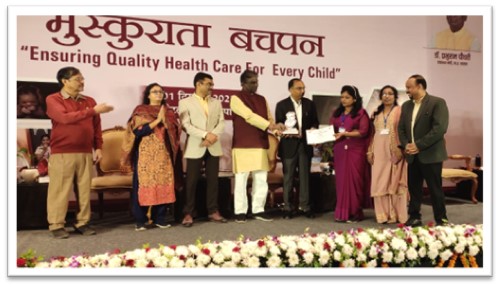
26
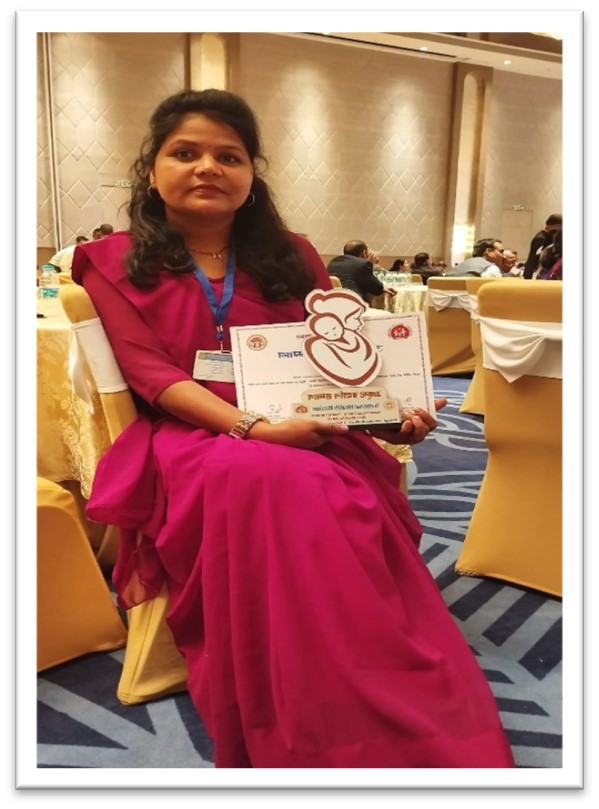
25
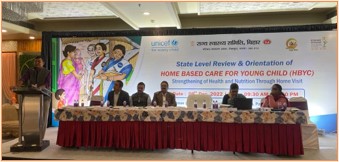
21
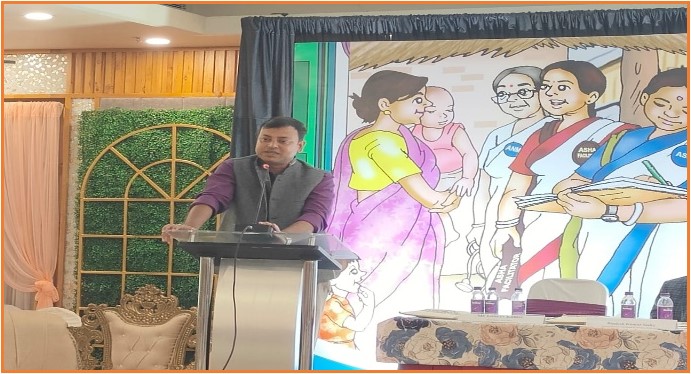
22
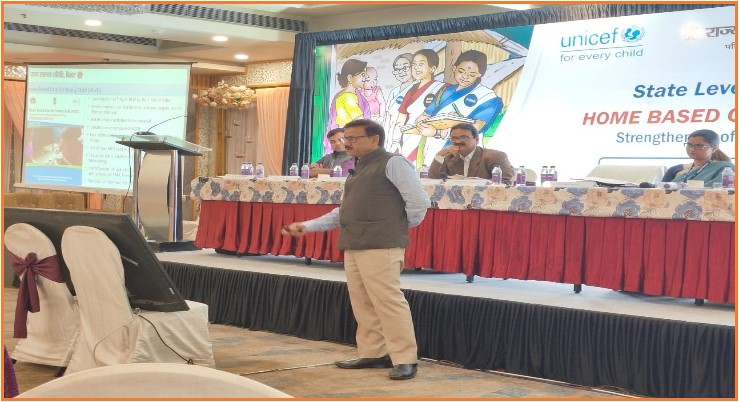
23
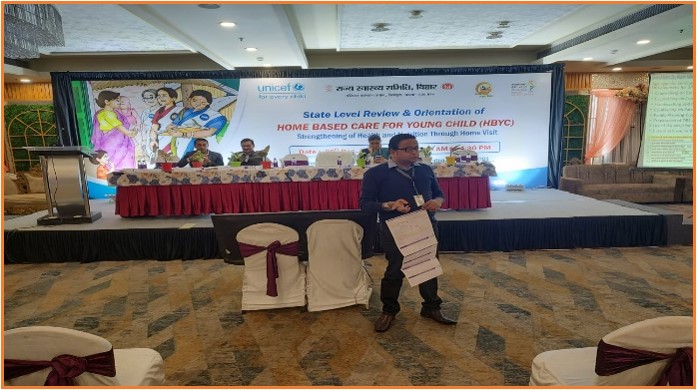
24
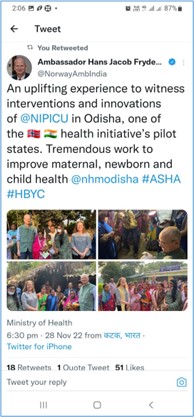
20
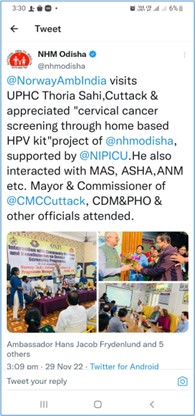
19
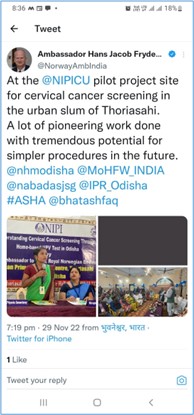
18
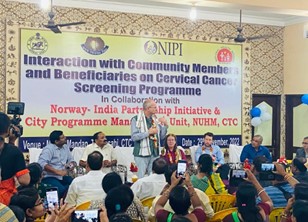
17
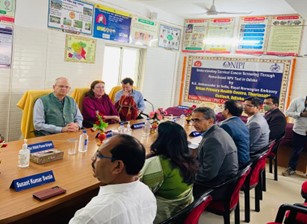
16
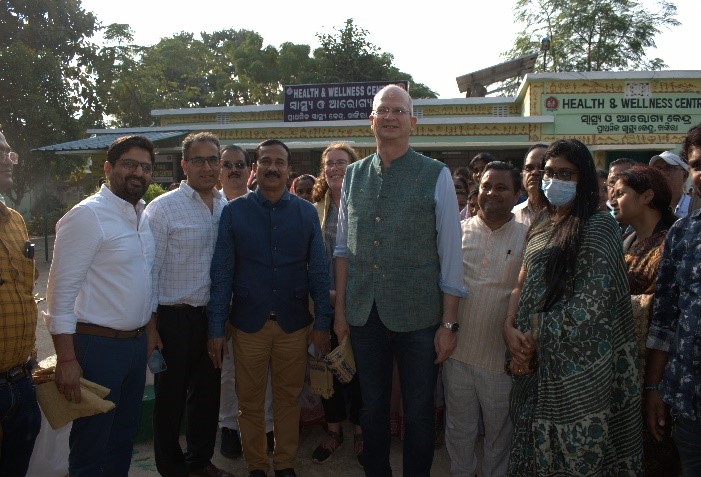
15
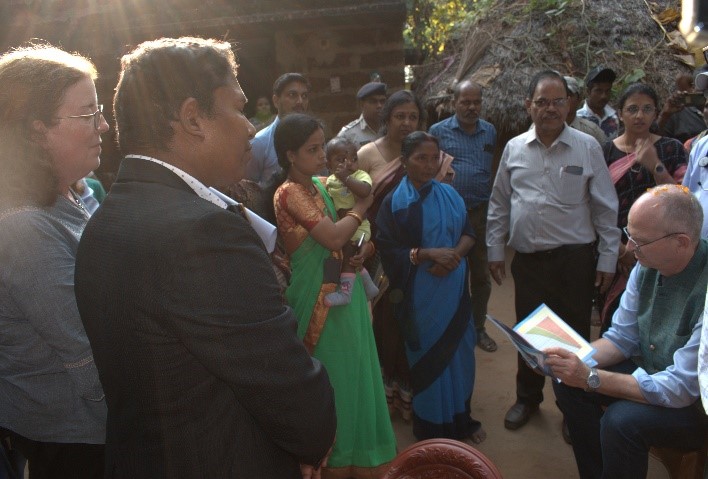
14
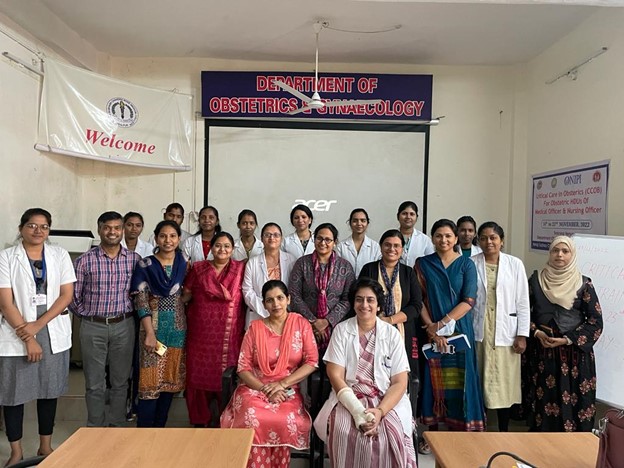
10
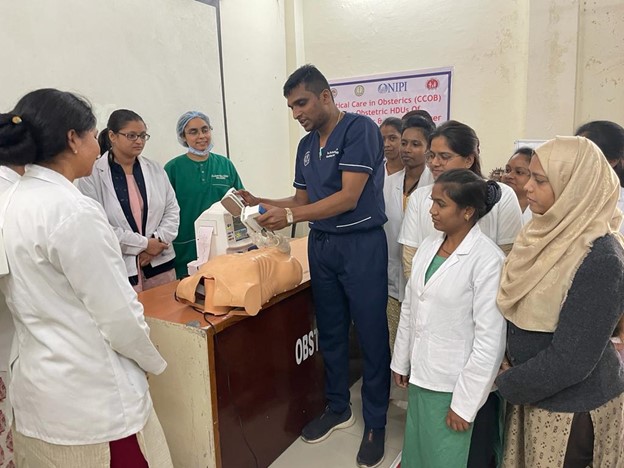
11
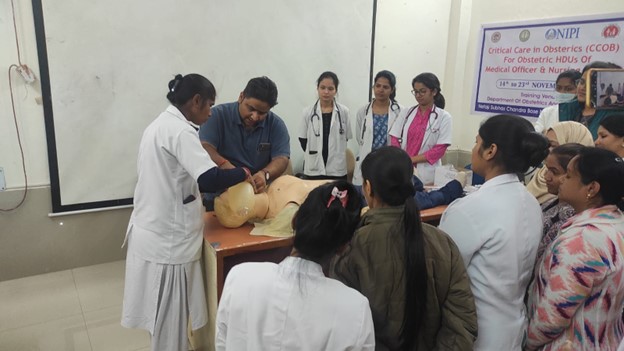
12
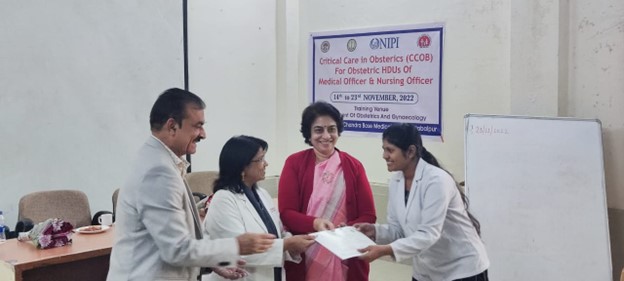
13
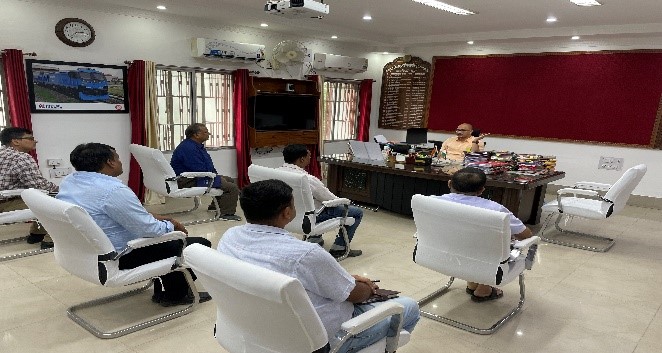
9
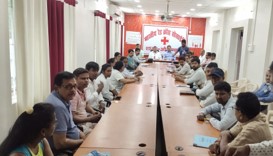
8
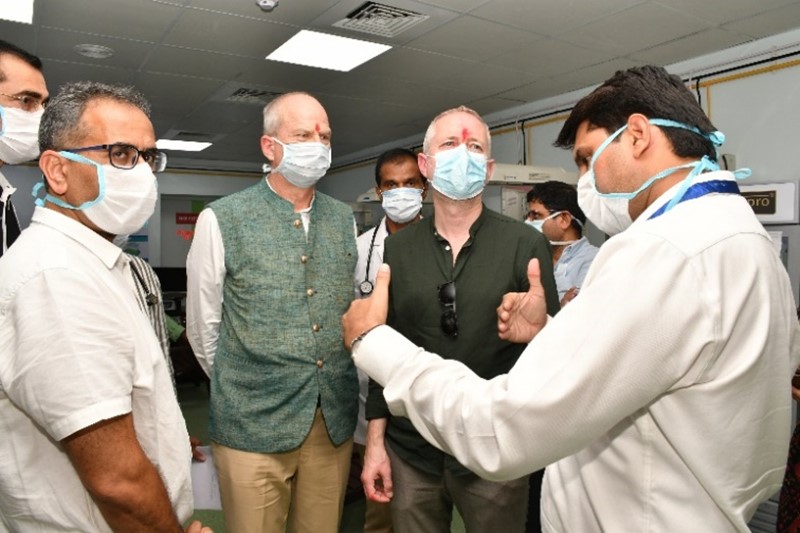
4
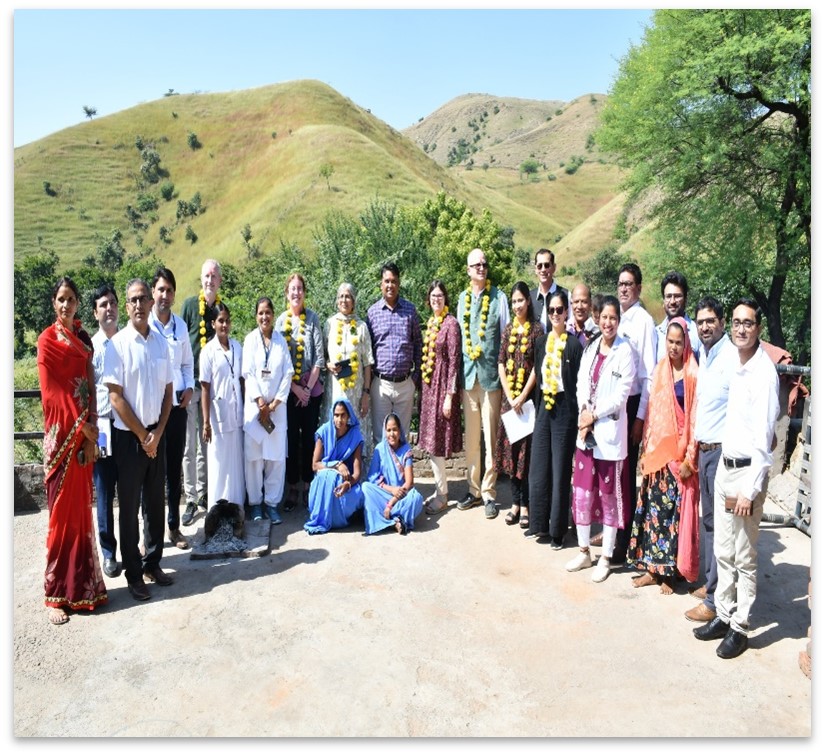
6
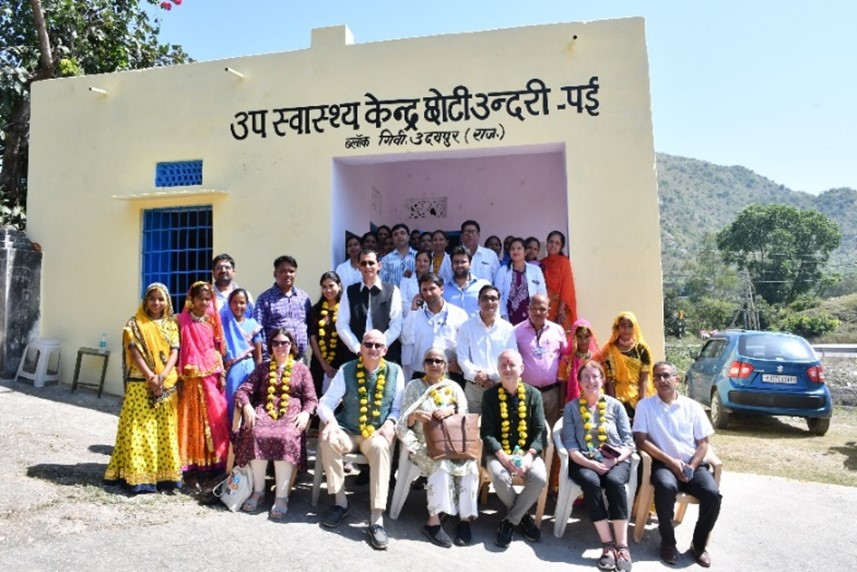
5
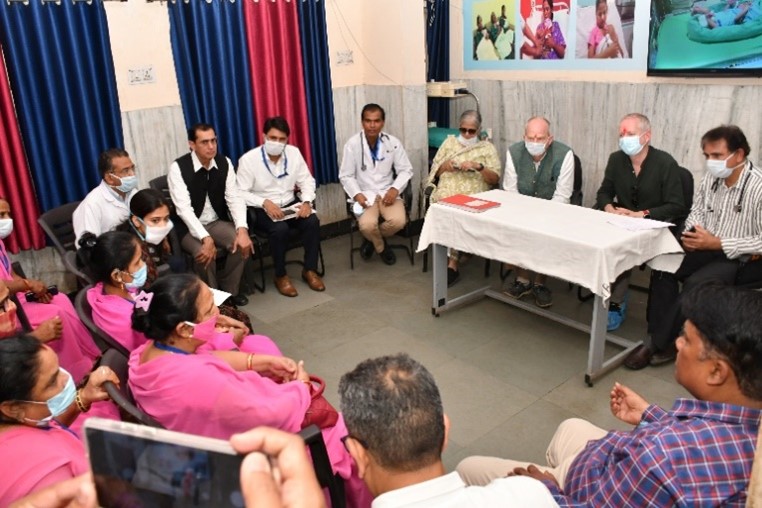
3
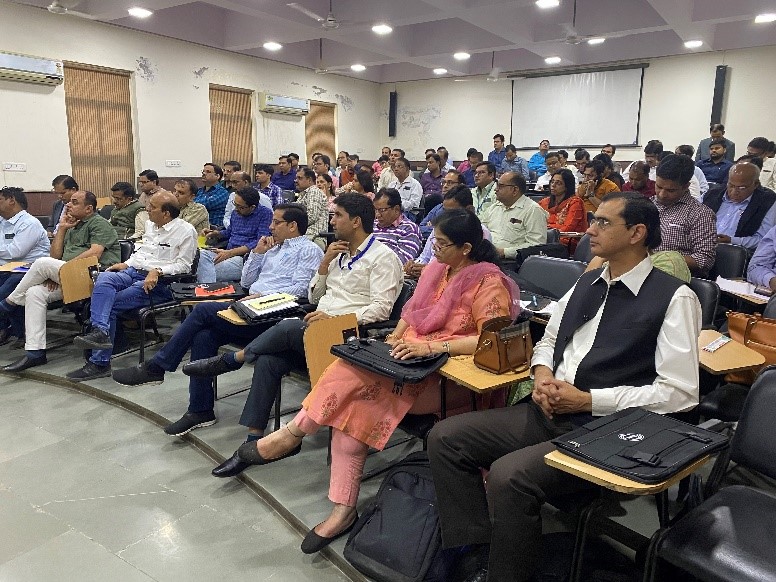
Innovation 1
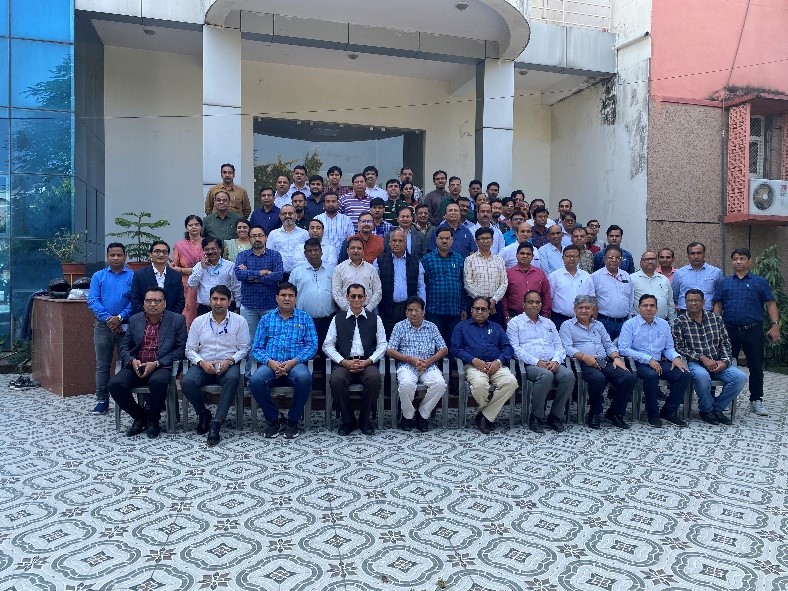
Innovation 2
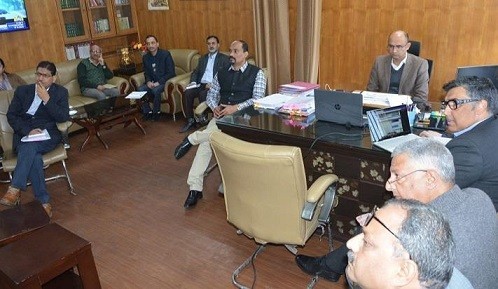
PIC 5
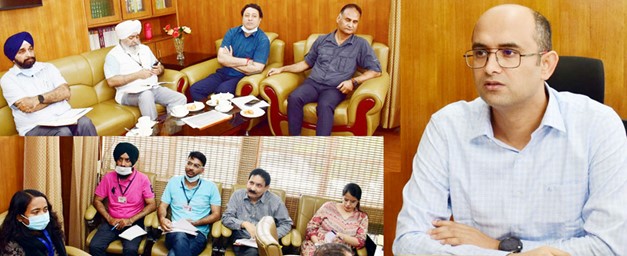
pIC 6
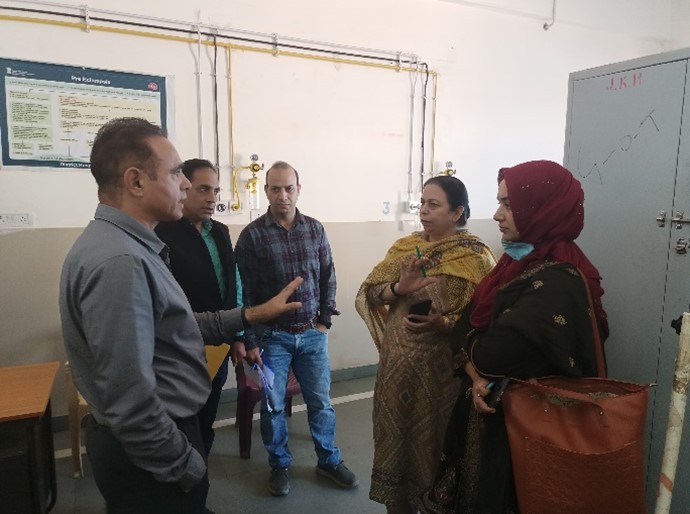
iphs4
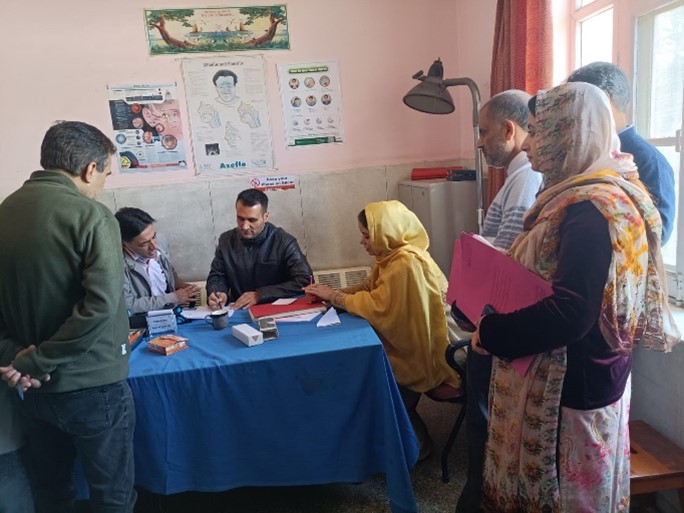
iphs2
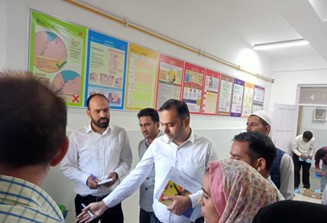
IPHS
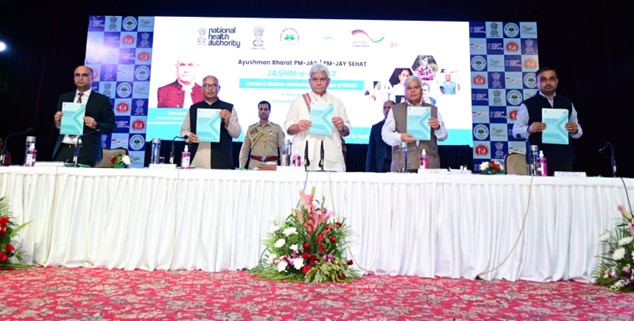
Jashn-e-Sehat
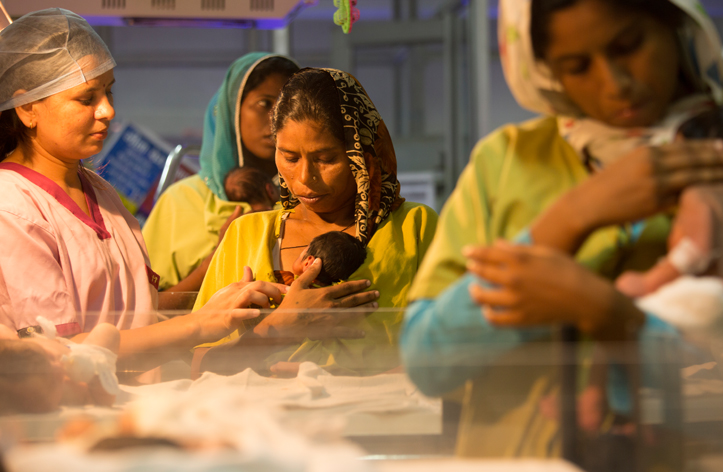
Continued breastfeeding ensures proper nutrition for new-borns
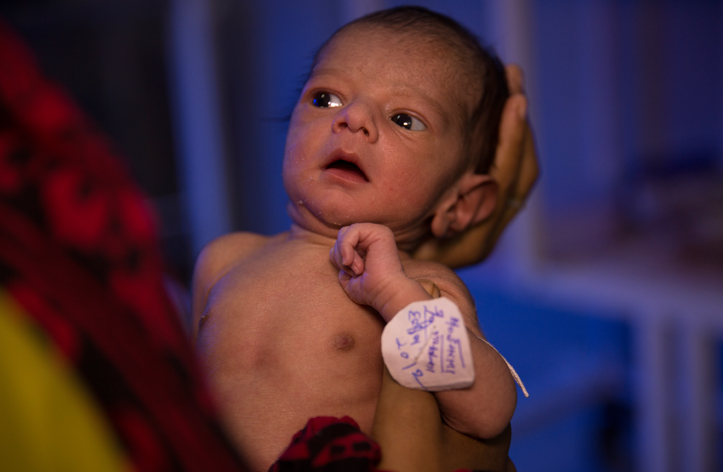
Home based new-born care approach improves the growth and development of infants
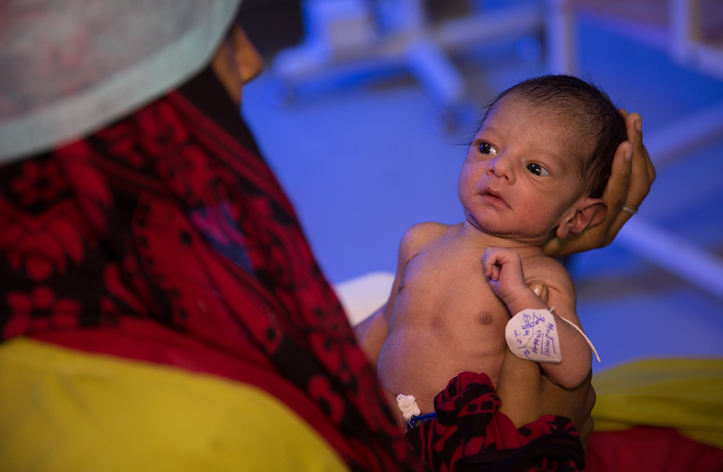
Facility based paediatric care has reduced deaths among sick infants
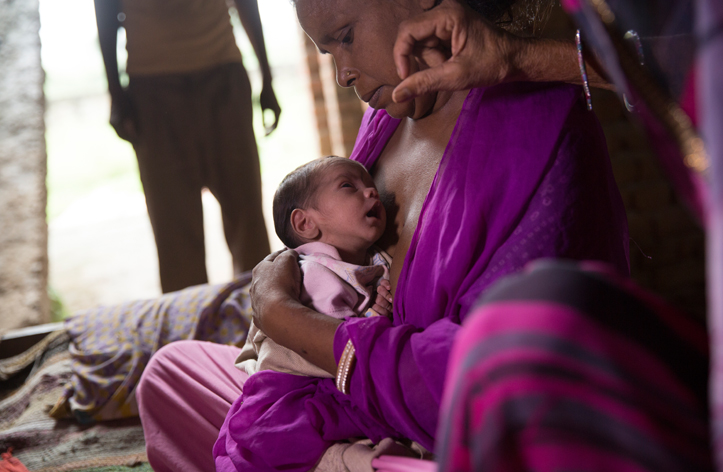
Improved breastfeeding rates results in improved health in infants
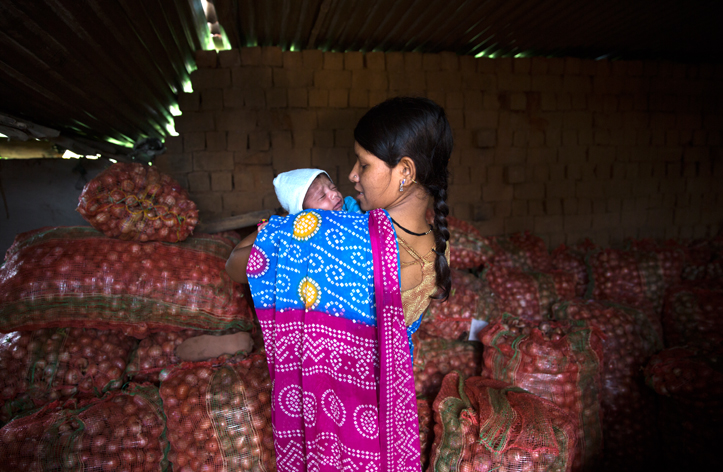
Building capacities of parents in essential new-born care through structured programmes
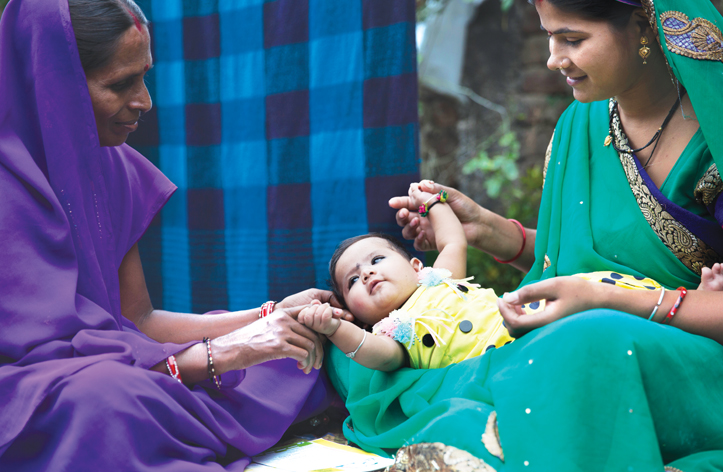
Better quality of child care translates to better quality of life
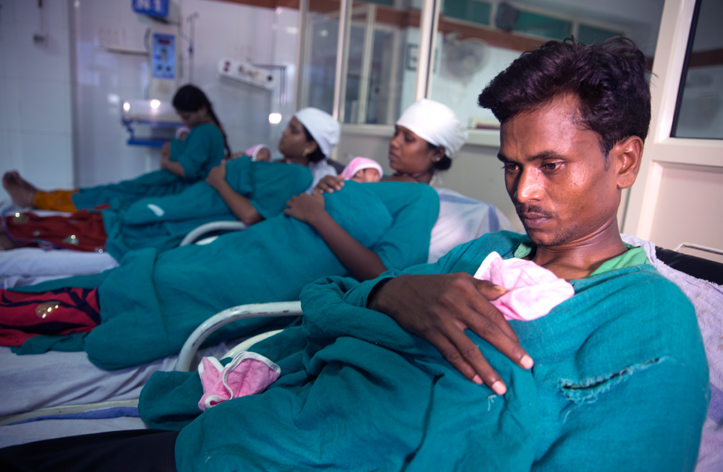
Proper information leads to better communication between parents and infants
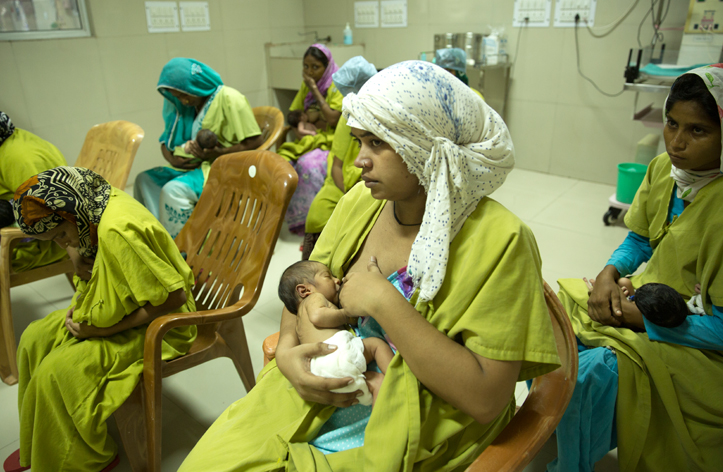
Increased breast feeding resulted in shorter stay in hospitals
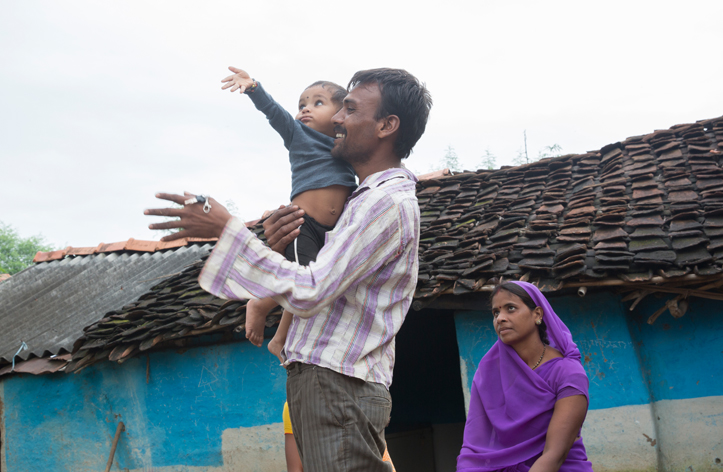
Involvement of family in taking care of new-born have reduced the need for hospitalization
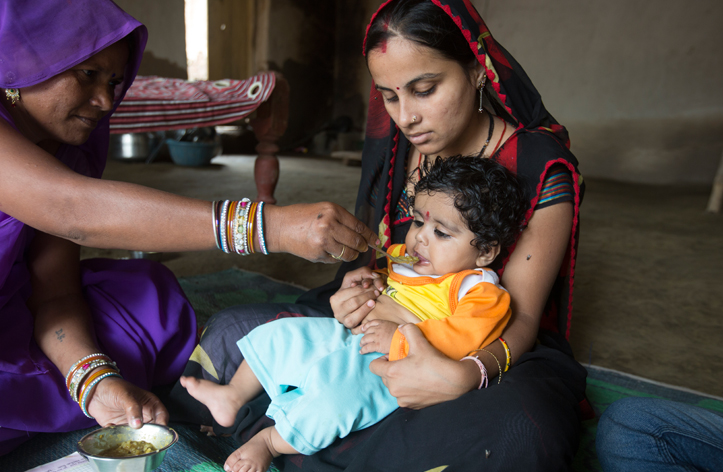
Parent-infant attachment and bonding has improved with the implementation of Family Participatory Care
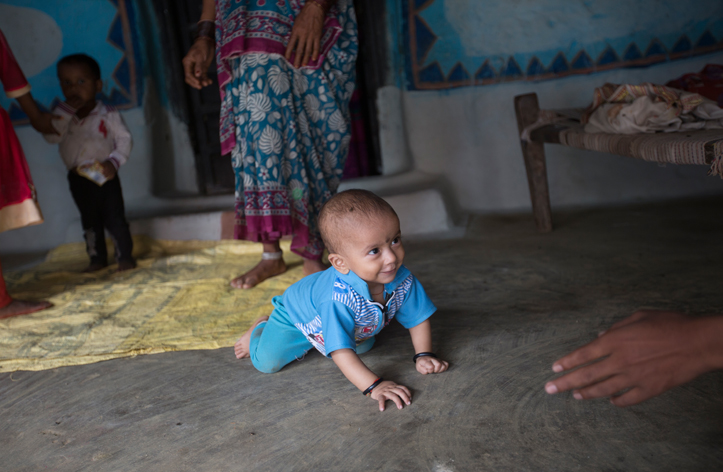
Family Centered Care approach has improved the quality of care for sick neonates at home
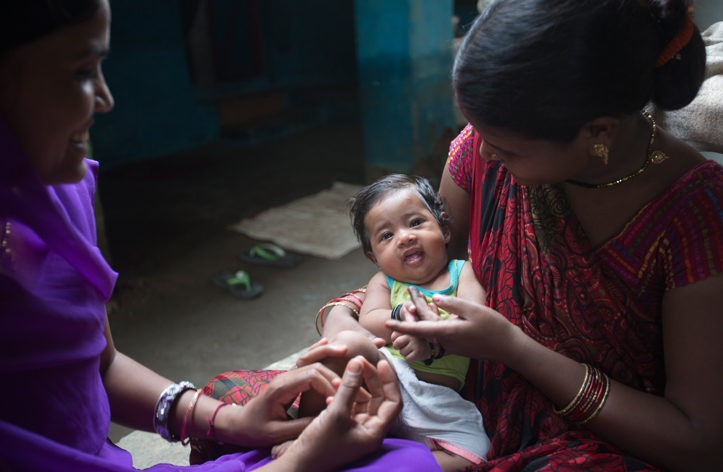
Home Based Care for Young Child has proven to improve nutrition and development of children
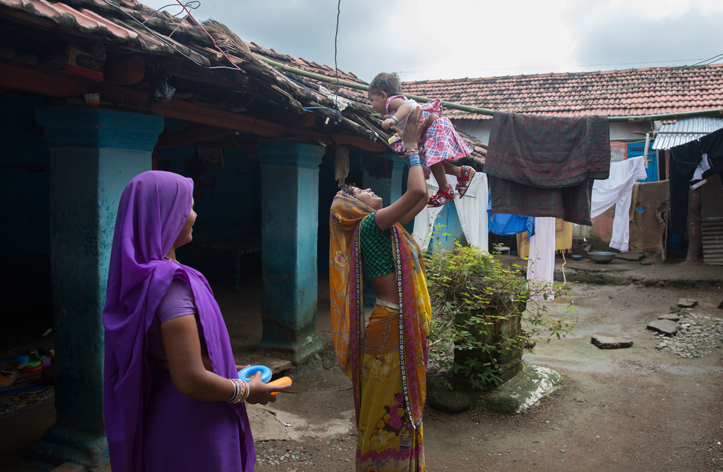
Nurturing family's role on improving quality of life for new-born under Family Centered Care approach
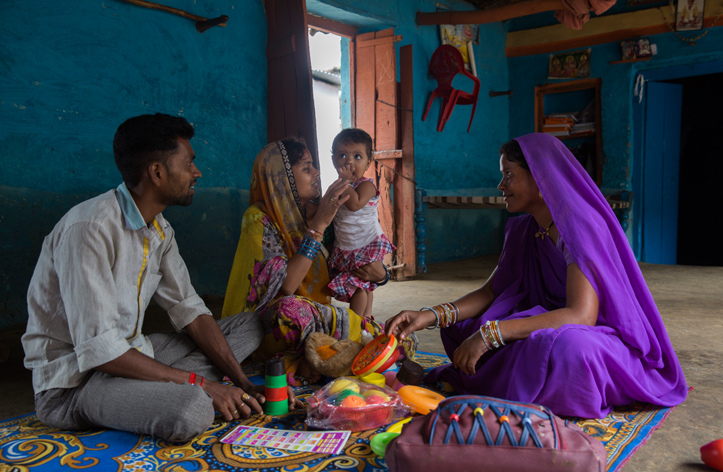
Family Participatory Care for improving the health of new-born


